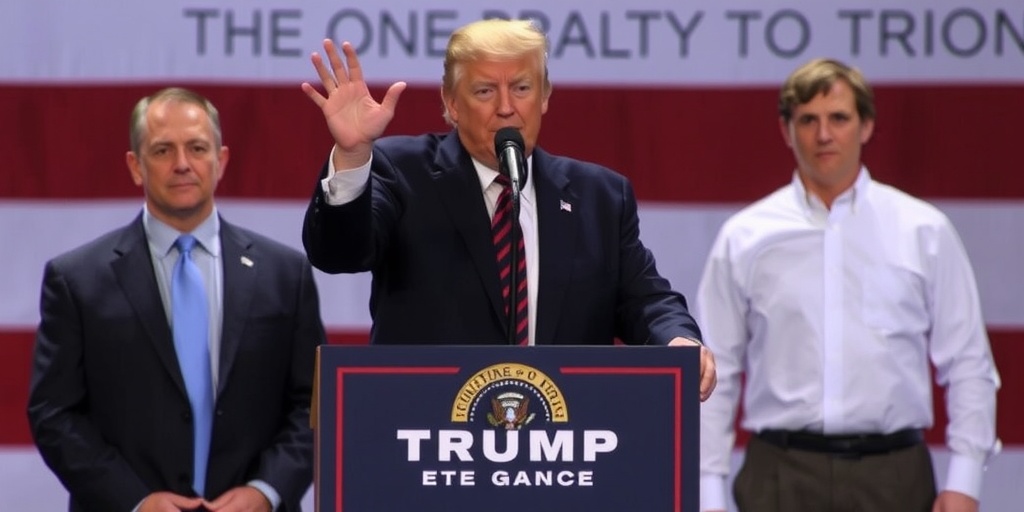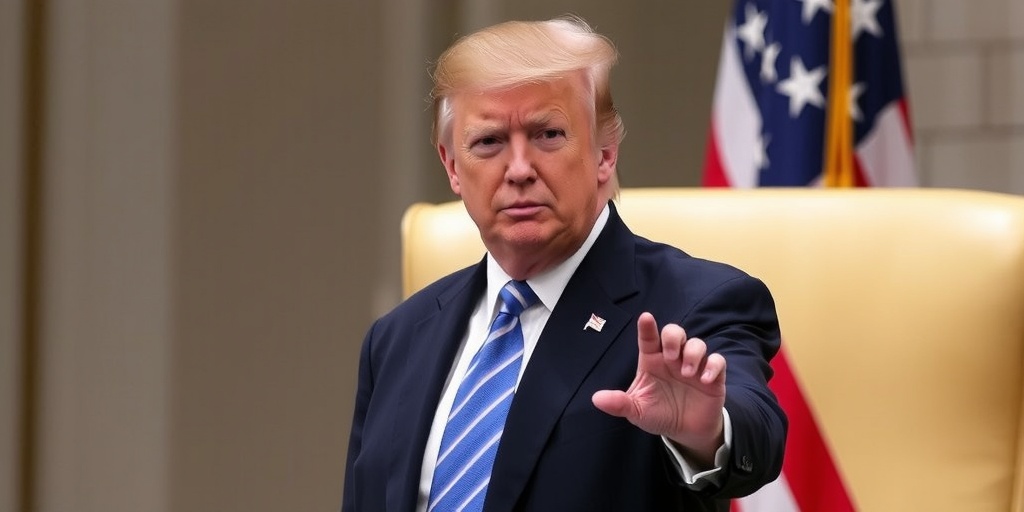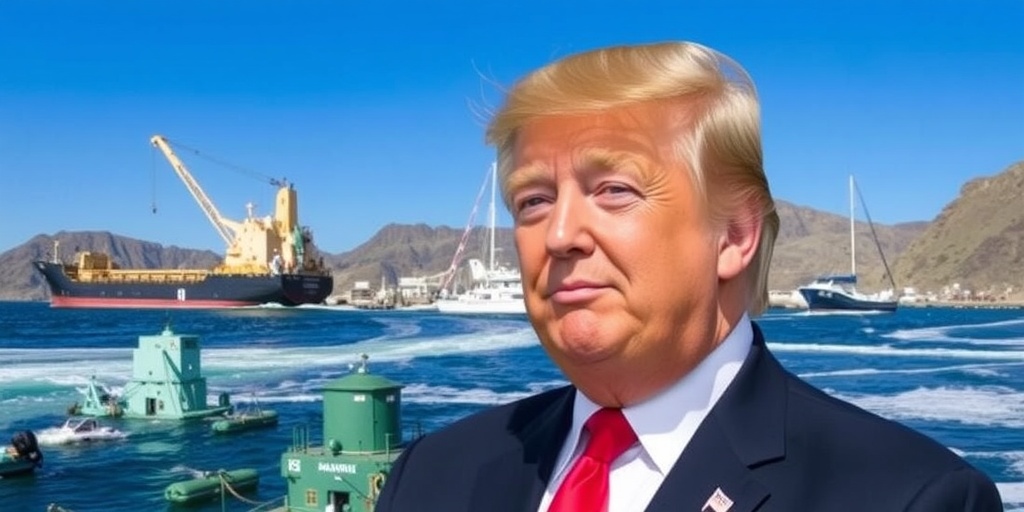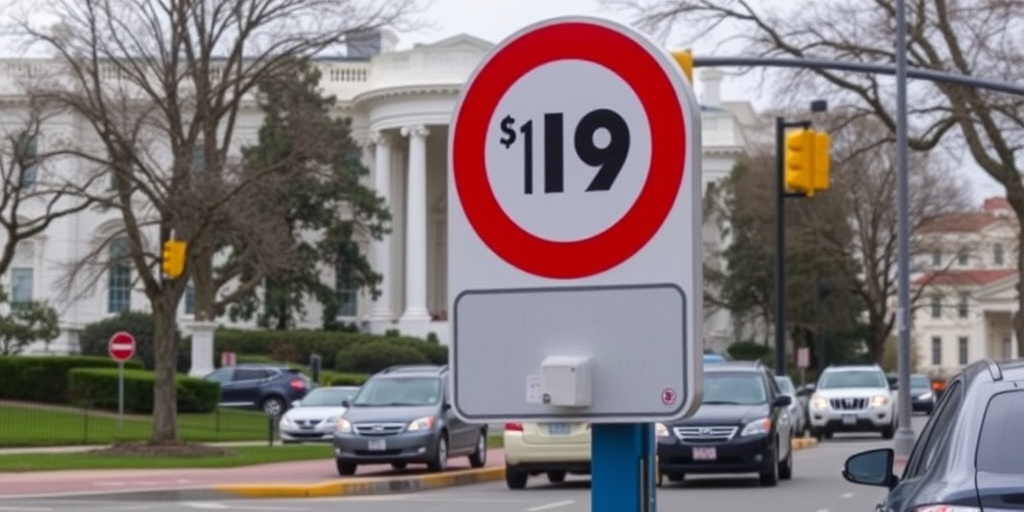Now Reading: Trump Ends Federal Benefits for Undocumented Immigrants
-
01
Trump Ends Federal Benefits for Undocumented Immigrants
Trump Ends Federal Benefits for Undocumented Immigrants
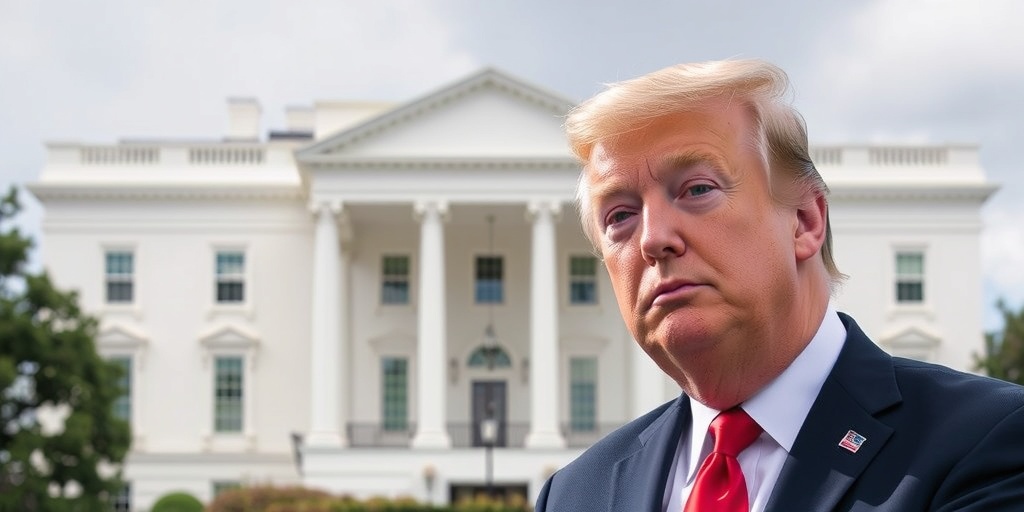
President Trump Signs Executive Order Targeting Federal Benefits for Undocumented Immigrants
In a significant move on Wednesday, President Donald Trump signed an executive order aimed at eliminating federal benefits available to undocumented migrants residing in the United States. This initiative aligns with Trump’s ongoing focus on immigration reform and has sparked discussions about the implications for many families who may be affected by the changes.
Trump’s executive order emphasizes his stance that taxpayer resources should not be used to support individuals who are in the country illegally. The administration characterized the existing benefits as an improper use of government funds and is calling for a thorough review of federally funded programs to identify those that might be accessible to undocumented immigrants.
The specifics regarding which federal programs will be impacted by this executive order remain unclear. Historically, undocumented immigrants have had limited access to federal benefits, mostly reserved for emergency situations. Furthermore, many immigrant families often hesitate to enroll in programs for which they qualify due to fears of repercussions or deportation. According to the National Immigration Law Center, this reluctance underscores the complexity and challenge of navigating benefits amidst immigration status uncertainties.
This action marks just one component of a broader series of immigration reforms that Trump has initiated since beginning his second term. With an eye on controlling the flow of immigration into the United States, Trump has also issued directives aimed at preventing illegal crossings and intensifying enforcement measures against undocumented individuals already living within the country.
The White House’s announcement accompanying the executive order reiterated that it seeks to ensure federal funds will not be utilized in ways that “incentivize or support illegal immigration.” The order explicitly instructs federal agencies to review and amend their operations to negate any support for “sanctuary” policies—terms used to describe jurisdictions that limit their cooperation with federal immigration enforcement efforts.
Sanctuary policies often exist within states, counties, and cities that adopt measures to protect undocumented immigrants from deportation, creating a contentious legal and social landscape across the nation. Trump’s administration continues to target these policies, arguing that they undermine federal immigration law and contribute to an increase in illegal immigration.
In what the administration describes as a response to perceived lapses in immigration enforcement under the Biden administration, Trump claims that undocumented immigrants have unjustly qualified for various welfare programs. He alleges that this situation has resulted in billions of dollars being spent on supporting individuals who entered the country illegally, a standpoint that embodies the ongoing political debate regarding the treatment of immigrants and the allocation of public resources.
Contrarily, there are arguments that present a different perspective on the financial contribution of undocumented immigrants to the economy. Notably, research conducted by the Institute on Taxation and Economic Policy, a liberal-leaning research organization, has revealed that undocumented immigrants contribute tens of billions of dollars to the Social Security system, despite being ineligible for the benefits themselves. This complex interplay of contributions versus benefits adds another layer of depth to the discussions surrounding immigration policies.
As the executive order is rolled out, many are left questioning its ramifications for undocumented immigrants and their families. The lack of specificity in the order raises concerns about the potential impact on vulnerable populations who may rely on critical services. Moreover, the hesitancy of immigrant families to access necessary resources could escalate, as fears of deportation and legal repercussions loom larger under the current administration’s policies.
The immigration debate in the United States is far from settled, and Trump’s latest executive actions are poised to intensify discussions about the balance of national security, economic contributions, and human rights. As federal agencies take steps to comply with the directives outlined in the executive order, communities across the nation will undoubtedly feel the effects, prompting a reevaluation of the interplay between immigration policy and social welfare.
In conclusion, President Trump’s executive order exemplifies a continued push to reshape immigration policy in the United States, focusing on reducing federal support for undocumented immigrants. As this policy unfolds, the broader implications for immigrant communities and the social fabric of the nation remain to be fully understood, continuing to fuel the nationwide dialogue on immigration reform and public resource allocation.
Stay Informed With the Latest & Most Important News
Previous Post
Next Post
-
 01New technology breakthrough has everyone talking right now
01New technology breakthrough has everyone talking right now -
 02Unbelievable life hack everyone needs to try today
02Unbelievable life hack everyone needs to try today -
 03Fascinating discovery found buried deep beneath the ocean
03Fascinating discovery found buried deep beneath the ocean -
 04Man invents genius device that solves everyday problems
04Man invents genius device that solves everyday problems -
 05Shocking discovery that changes what we know forever
05Shocking discovery that changes what we know forever -
 06Internet goes wild over celebrity’s unexpected fashion choice
06Internet goes wild over celebrity’s unexpected fashion choice -
 07Rare animal sighting stuns scientists and wildlife lovers
07Rare animal sighting stuns scientists and wildlife lovers













